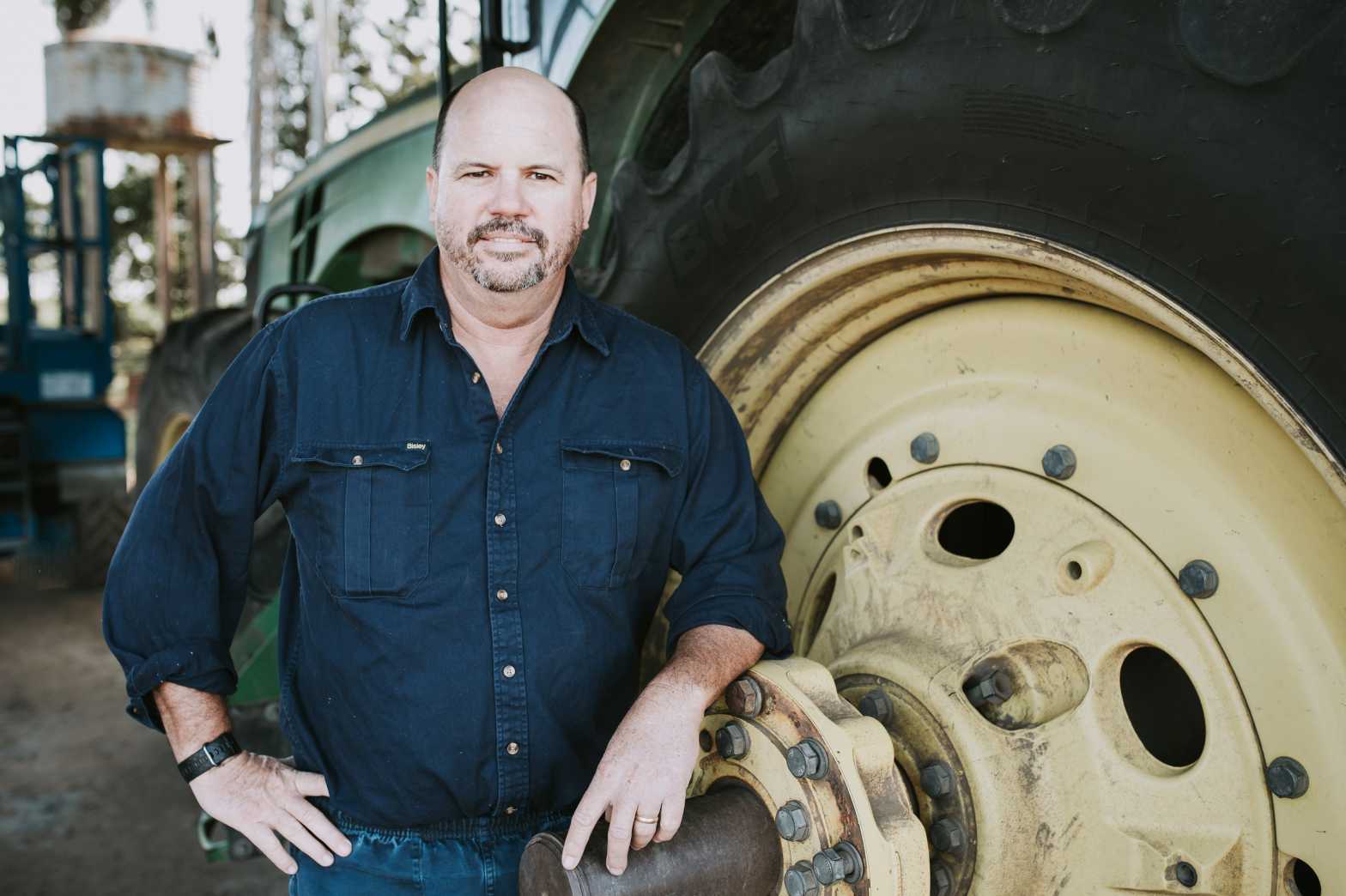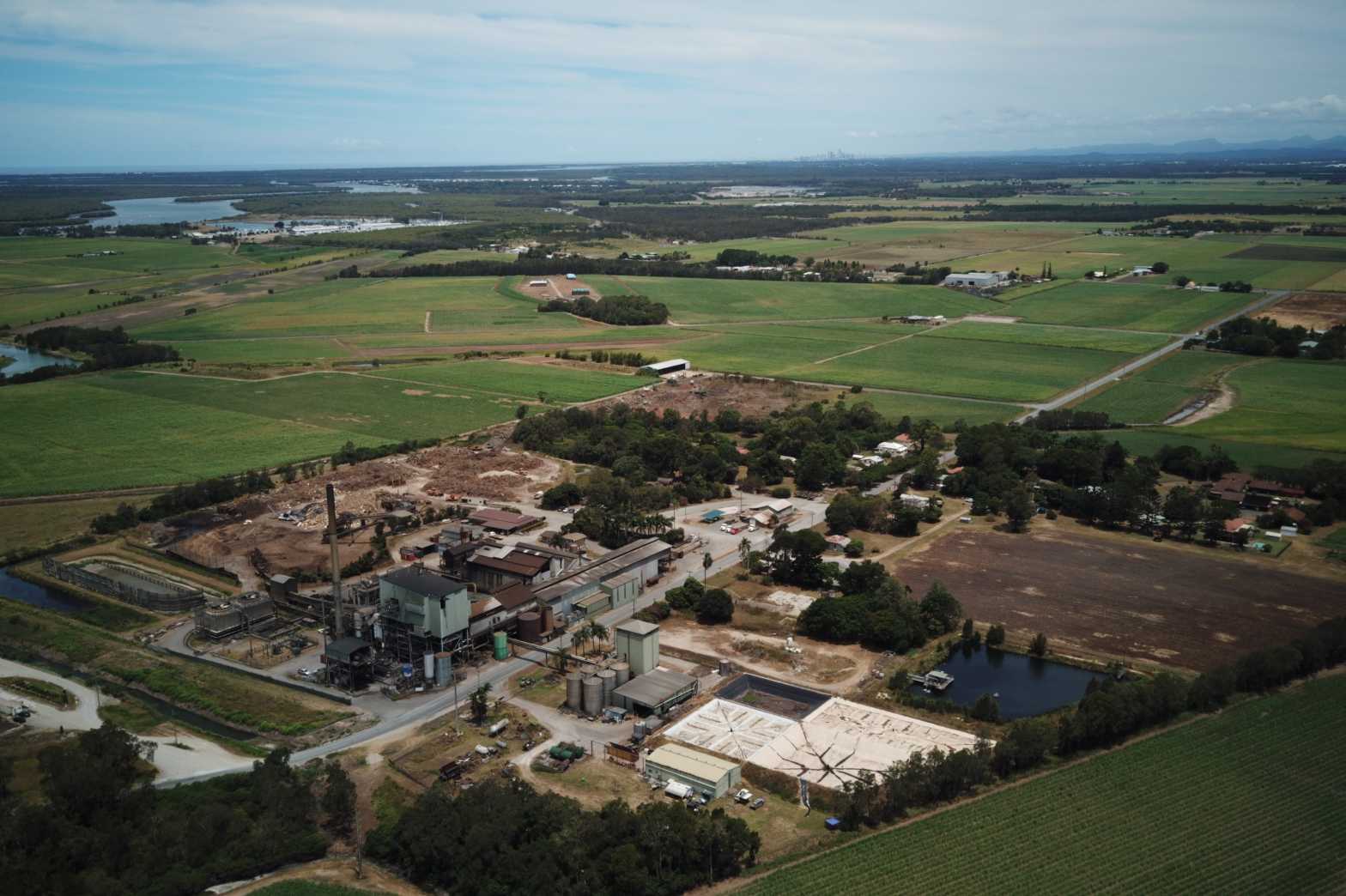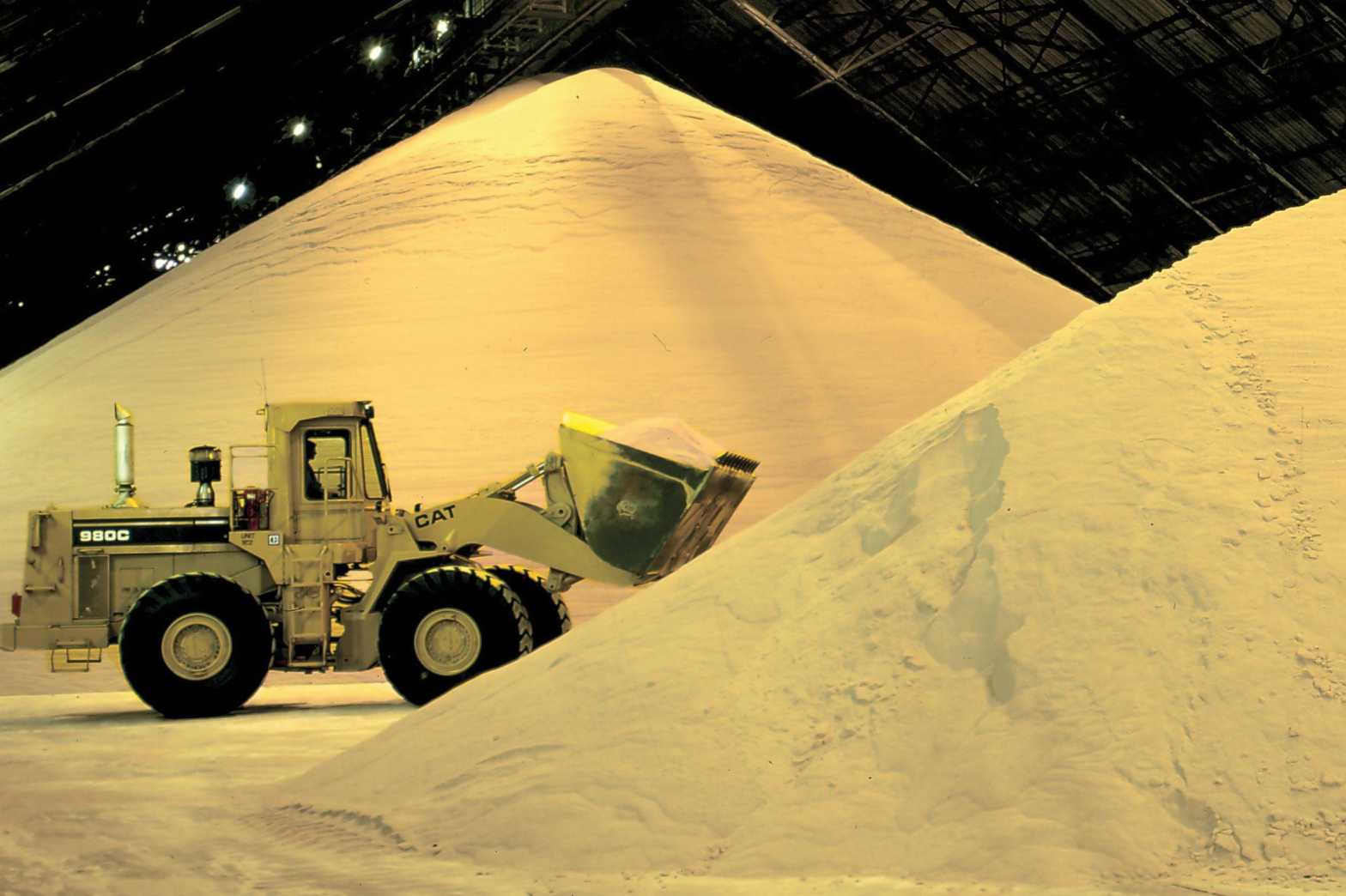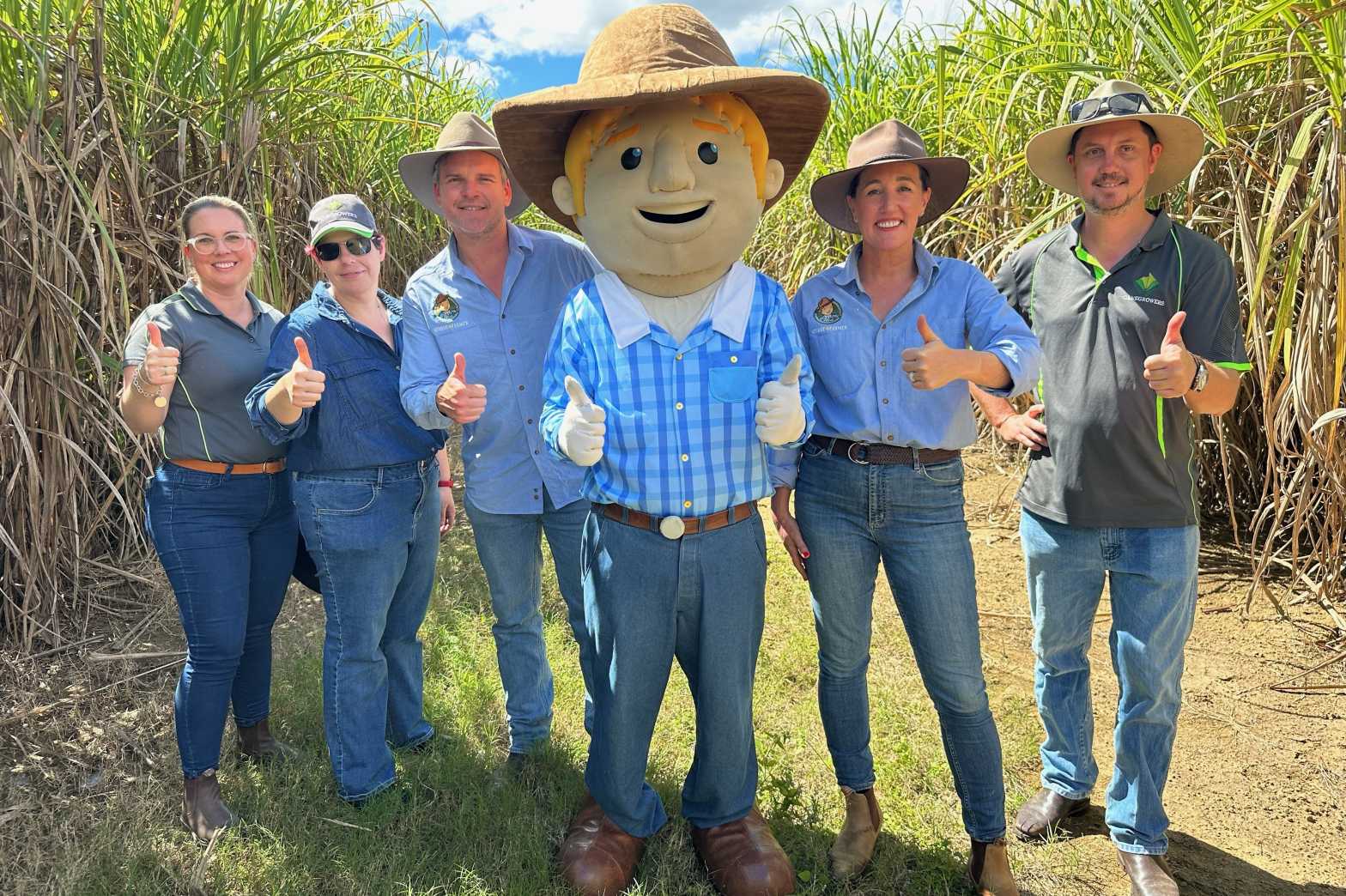The Australian sugar industry has united behind the government’s escalation of action against illegal Indian sugar subsidies.
Australia, Brazil and Guatemala have lodged a joint request with the World Trade Organisation’s Dispute Settlement Body to establish a WTO Panel to investigate and rule on whether India’s high sugarcane prices and export subsidies exceed its WTO obligations.
Seeking a WTO Panel is an important escalation of the issue first raised by Australia in 2018, and follows failed consultations with India earlier this year.
It is the next step in bringing India to account for its trade-distorting sugar policies which have driven down global sugar prices and adversely impacted the livelihoods of Queensland’s cane farmers and sugar mills, and the regional communities they support.
The action has the strong support of all sectors of the Australian sugar industry.
"For more than a year we have been calling for the Indian government to be held to account for the current and, in the absence of reform, ongoing distortion to world sugar market prices," said Paul Schembri, Chairman of CANEGROWERS.
In today’s competitive environment, global trading markets depend on countries playing by the rules. But overproduction in India and record stocks, stimulated by government subsidies, are weighing on market sentiment and depressing prices.
"Australia wants to see India commit to major reforms that at least bring its subsidies into line with its WTO entitlements. Doing so will help to restore global prices to levels that reward least-cost producers like Australia," said David Pietsch, CEO of the Australian Sugar Milling Council.
India is forecasting a drop in cane and sugar production for the coming 2019/20 season due to poor monsoonal rains. However, record production in 2017/18 (33 million tonnes) and 2018/19 (30 million tonnes projected) has far exceeded India’s domestic consumption (only 26 million tonnes per annum). The huge accumulated sugar stocks will take years to clear despite efforts from the Indian government to off-load sugar onto the world market using generous and illegal export subsidies.
"Australia’s sugar industry is under pressure, with global raw sugar price stuck at levels well below the cost of production. Our immediate concerns are the ongoing risks of continued low prices and subsidised Indian exports displacing Australian sugar in our traditional markets like Indonesia," added Mr Pietsch.
"Trade Minister Birmingham is ramping up the pressure. This is positive news," said Mr Schembri.
The case appears clear cut. The WTO dispute process takes time. We call on India to do the right thing and reform its sugar policies, not wait for the inevitable verdict.
"If it played by the WTO rules it committed to, India could make two important changes. Drop its use of export subsidies and link sugarcane prices to sugar prices," concluded Mr Pietsch.
"WTO rules are of little use if they are not enforced. We applaud Australia, Brazil and Guatemala taking this action, standing up for our efficient sugarcane industries. It is important that the WTO Panel now be established quickly and the process run expeditiously," said Mr Schembri.
The request for a Dispute Panel will be discussed on 22 July 2019 at the next WTO Dispute Settlement Body Meeting. Australia’s action will be joined by Brazil and Guatemala in the first instance.
WTO Actions at a Glance
> Over 570 requests for consultations were lodged at the WTO between 1995 and 2018 by countries with trade law concerns
> 58% of these led to the establishment of a dispute panel
> 42% were resolved through discussions between the parties
> 93% of the panel reports were adopted by the parties, of which compliance to the panel’s findings is estimated to be 80-90%.
> WTO panels take on average 12 months (WTO guidelines recommend ‘within nine months’)
> Parties can appeal against a ruling and refer the panel’s report to the WTO’s Appellate Body for review.
Source: Personal WTO staff communication | March 2019



